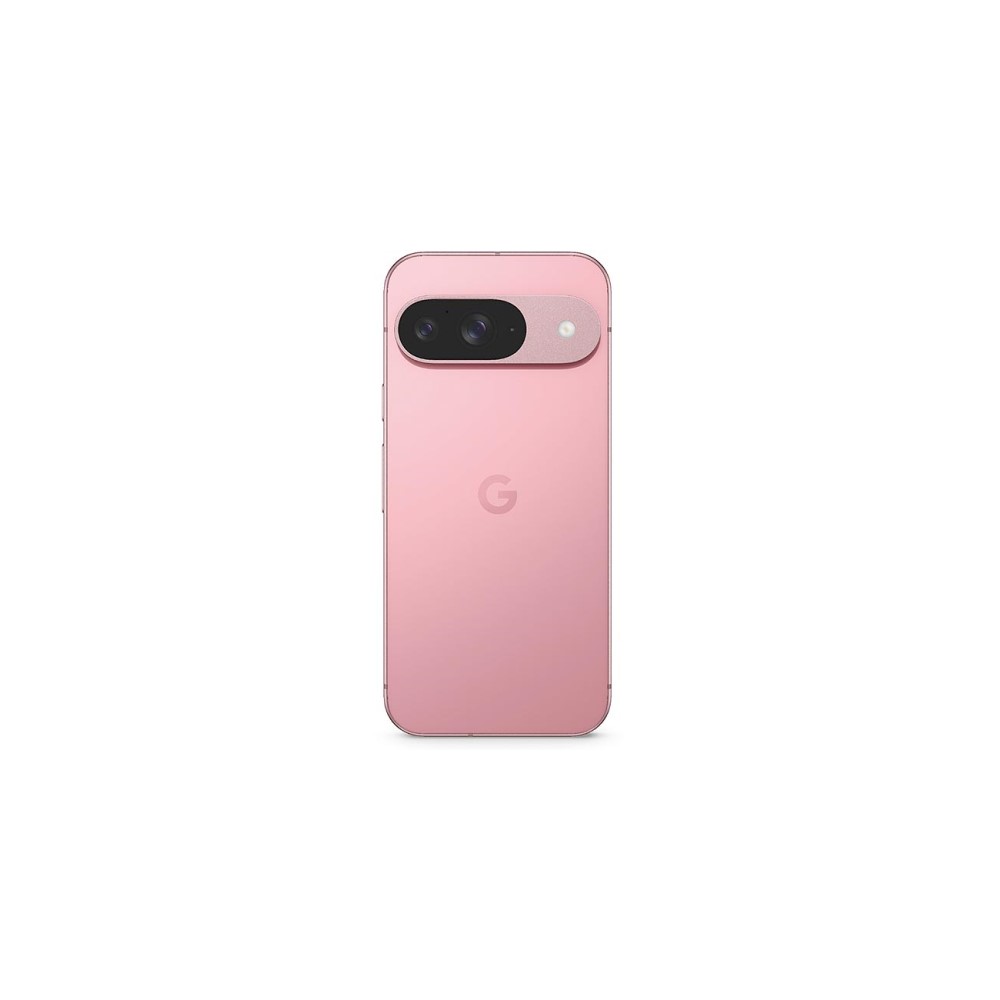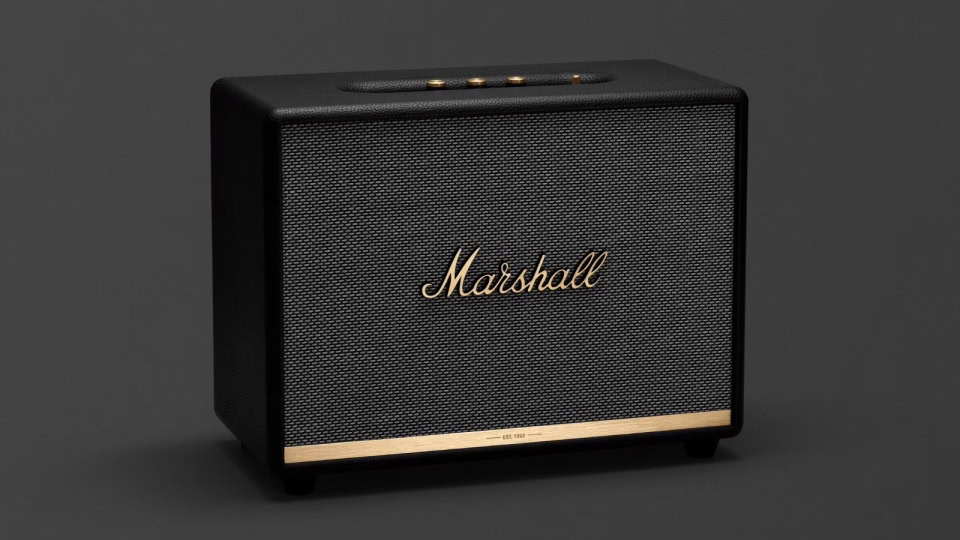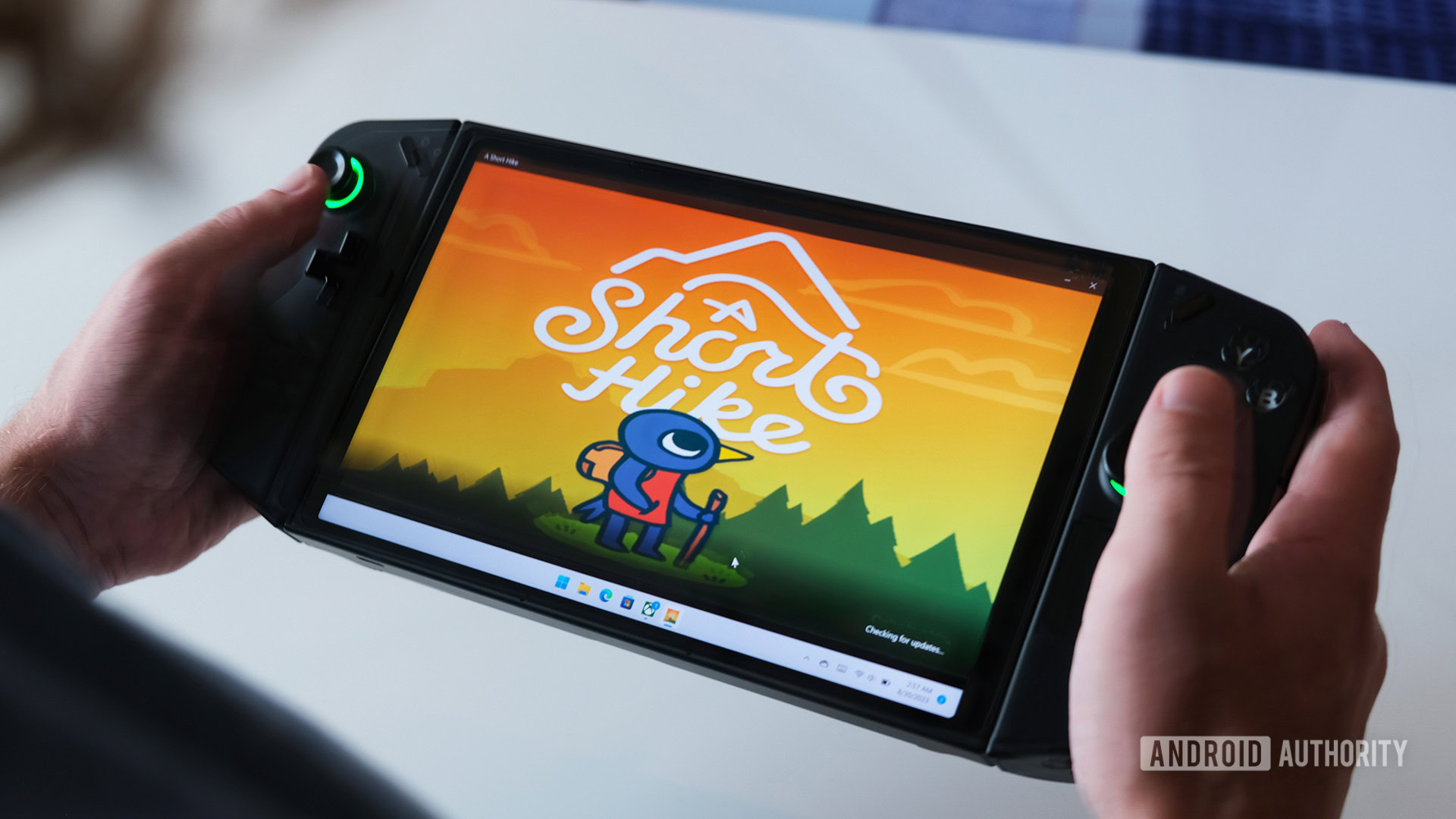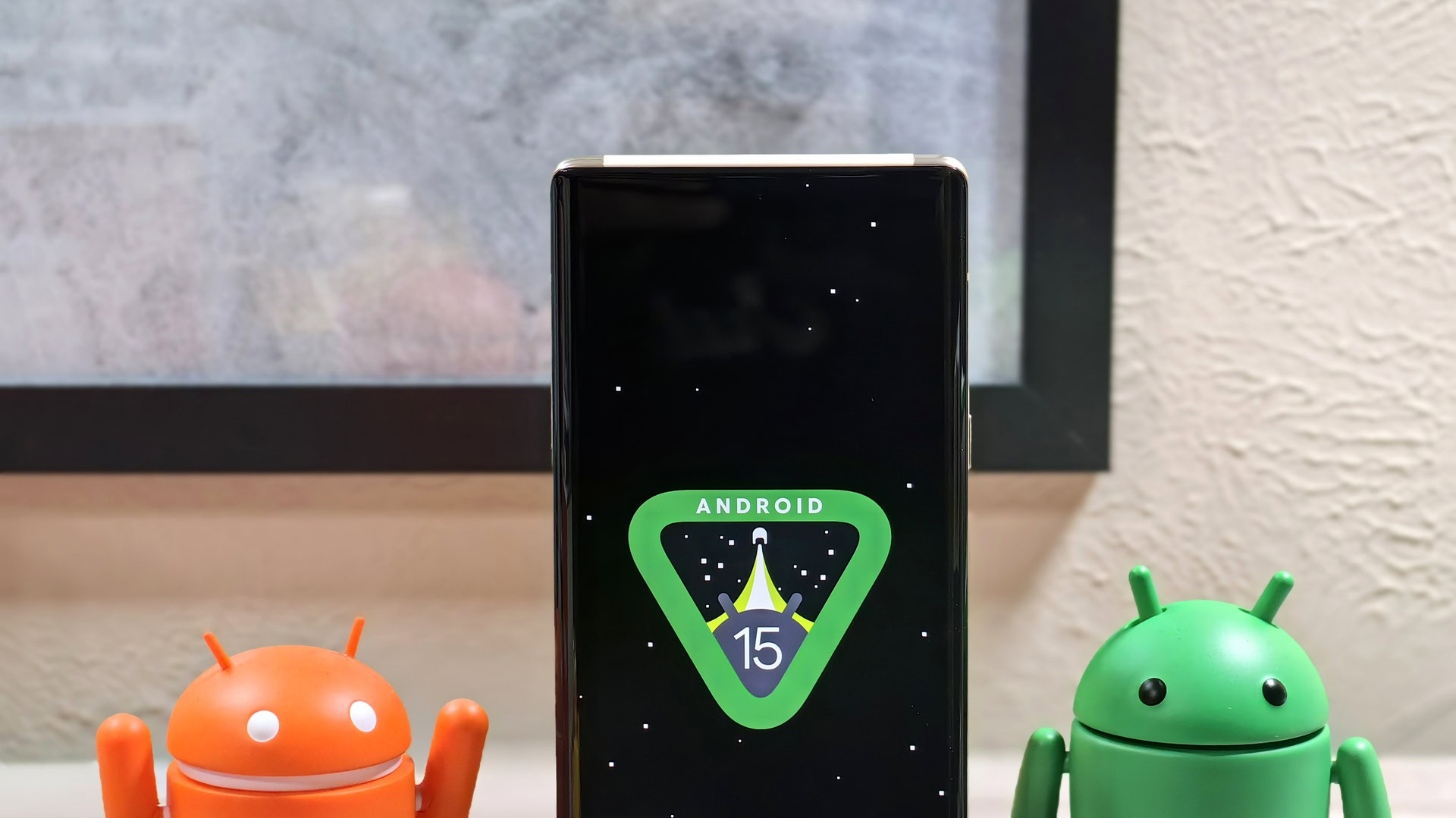The Google Pixel 9 series is finally here! It has a few upgrades from last year, but there’s some big news when it comes to cases: the Pixel 9 and 9 Pro are exactly the same size. That makes it much easier to find a compatible case, and oh boy, are there some great options this time around.
I’ve spent the past few weeks testing just about every popular case on the market, but only a few get my wholehearted approval. Keep reading for more, or check out my picks for the best Pixel 9 Pro XL cases if you’ve got the bigger model.


Google Pixel 9
Powerful Gemini AI tools • Excellent build quality, refined design • Extensive update policy
The vanilla Pixel 9.
The Pixel 9 rocks a 6.3-inch display, Tensor G4 chipset, 12GB of RAM, and at least 128GB of internal storage.


Google Pixel 9 Pro
Impressive AI-powered features • Excellent build quality • Flexible, capable cameras • Reliable update commitment
All Pro, in a compact package.
The Google Pixel 9 Pro is the Pixel device many have been begging for for a long time: Google's very best smartphone hardware and software features, in a more compact form factor. With identical dimensions to the regular Pixel 9, it retains the same great specs as the much larger XL model, plus 16GB of RAM, up to 1TB of internal storage, and the Tensor G4 chipset.
The Mous Limitless is my favorite Pixel 9/9 Pro case
Nick Fernandez / Android Authority
A Pixel 9! In a Mous Case!
Annoying adverts aside, Mous really knocked it out of the park with the Limitless case for the Pixel 9 series. No matter how many cases I tested, I always ended up switching back to the Limitless.
For me, it’s just the right thickness, and the premium materials on the back add just enough of a tactile element to make it feel better in hand than any other case. Admittedly, the grip strips on the sides don’t add a ton of grip, but I find some of the extremely grippy cases to be a bit too abrasive for everyday use, not to mention difficult to clean.
The Mous Limitless for the Pixel 9 has a bunch of other details too, like lanyard holes on each side and a slightly lower lip on the sides of the screen for swipe gestures (although it could be flatter, in my opinion). However, a bigger selling point is the magnetic array in the back.
This unlocks a huge variety of accessories, from wallets to wireless chargers and more. I slapped a magnetic Casetify wallet/kickstand accessory on the back and unless you pry it just right, that bad boy is not coming off. It’s just a shame that it covers up the fancy backing material.
Just note that if you plan on using wireless chargers you will need to get the right case for your phone, because the wireless charging coils are in slightly different places on the Pixel 9 and Pixel 9 Pro.
Why did Google do this? Your guess is as good as mine, but the result is that you need to be extra vigilant when shopping for magnetic cases for the Pixel 9 series, and that includes the Mous Limitless.
More Pixel 9 cases that I would spend money on
While the Limitless ultimately won the day, there were a lot of other cases that I liked for the Pixel 9.
Sticking with more premium options, the dbrand Grip Case ($59.9 at dbrand) ticks a lot of the same boxes. It’s an extremely premium case with magnets and a ton of skins to choose from, plus some nice details like the raised edges around the camera bar, which means no need for a bump.
However, I found the microdot texture to be a bit much for my delicate nerd hands. It’s very grippy, but also very abrasive.
If you like the extra grip but want something more affordable, I was very surprised by the Caseology Athlex ($15.99 at Amazon). It’s a budget case, so it doesn’t look as flashy, but the grip is great, and the buttons are better than any other case I tested, including the ones that cost three times as much. They have a nice pill-like design without the hard edges on cases from literally every other brand.
The Caseology Nano Pop ($18.99 at Amazon) has the same buttons with a slightly more standard design, but I still think it’s worth a look. The two-tone design isn’t as interesting as other cases on the market, but if you’re looking for something more subdued, it’s still a nice case with a less abrasive grip texture on the sides.
Spigen has been one of our favorite case brands for years, and my top pick for the Pixel 9 series is the Liquid Air ($16.99 at Amazon). It’s thin and light with a subtle pattern on the back, but this edition comes in a new lighter gray color that looks really classy.
It might sound silly to get excited about gray, but usually the case is only offered in matte black or other darker hues, so any new color options are hugely welcome. The gray also looks better in person than it does in photos, trust me.
The official Google Pixel 9/9 Pro case ($34.99 at Amazon) is also a strong contender when it comes to thin cases. I love the colorways it comes in, but way the case feels in your hand is just perfect. There’s a super gentle ramp around the camera bar that removes any rough edges, and the soft-touch silicone finish is one of the nicest I’ve ever tested. I wish it had magnets in the back to make it a better value, but it’s still a great case if you want to go first-party.
If you do want magnets in a thin case, the Mous Super Thin ($54.99 at Amazon) has them, but there’s virtually no drop protection. It’s essentially the same as dropping your naked Pixel 9. I can’t handle that much stress when it comes to something that costs nearly a month’s rent, but maybe you can.
As for rugged cases, the Otterbox Defender ($16.99 at Amazon) is by far the most protective case I tested. If you’ve ever used one you know exactly what you’re getting into, but personally I don’t need that level of protection, so the fact that it’s super bulky and difficult to install or remove means it wasn’t for me. Obviously, not everyone stares at a computer screen all day, so if your Pixel 9 is more likely to take some hits, it’s a completely different story.
There are a few other rugged cases I’d recommend if you don’t need quite so much protection but want to keep your phone pristine for as long as possible. The first is the Spigen Tough Armor ($18.99 at Amazon), which is much more affordable and has a built-in kickstand. It’s still pretty bulky, but the soft finish felt a lot more comfortable to hold than the Otterbox Defender.
The other is the Casetify Impact ($59.99 at Casetify), which is one of the few customizable cases you can get for the Pixel 9 series. On the Casetify website you can pick from a huge variety of patterns or create your own design. The version I tested was clear with no pattern (womp, womp), but the build itself still impressed me.
At first I was skeptical that a case this thin can have as much drop protection as Casetify advertises, but after testing it, I think it lives up to the hype. Well, at least when it comes to drop protection. Despite the magnets and overall build quality, it’s still a bit expensive for what you get.
Why you should trust me
Nick Fernandez / Android Authority
I’ve been testing and reviewing phone cases at Android Authority for more than three years, covering every major release since the Google Pixel 5. Over that time I’ve tested literally hundreds of cases from every brand on the market, and I have boxes of phone cases in storage to prove it.
When testing a case, I’ll install it on my daily driver and use it for at least a full day. That gives me enough time to see how the case feels in everyday use, which is far more important than how it looks or any promises made by the brand in product pages.
Overall, what I’m mainly looking for is comfort, drop protection, usability, and aesthetics, although not necessarily in that order. Everyone has different priorities when it comes to buying a case, so I always try to consider who each case is a good pick for, and why.
That might mean it’s ultrathin and lightweight, rugged and protective, or packed with extras like a kickstand or magnets. No matter the phone, I try to recommend something for everybody, even if it doesn’t fit my personal use.








 English (US) ·
English (US) ·